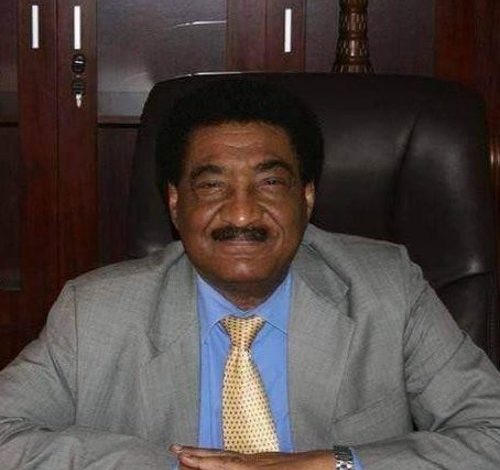Washington Sanctions

By Ambassador Abdel Mahmoud Abdel Halim
It is well known that history repeats itself, but the history of international deception by the United States seems to do so at a faster pace. I was present at the UN Security Council when U.S. Secretary of State Colin Powell deceived the world from that very platform about Iraq’s weapons, without so much as a blink of an eye. The Clinton administration played a similar drama when it bombed the Al-Shifa pharmaceutical factory in 1998 under the pretext that it was producing chemical weapons—only to later admit that the information upon which the attack was based was not credible.
Now, Marco Rubio, Trump’s Secretary of State, insists on reproducing and recycling that legacy. His department has fabricated an allegation that the Sudanese army used chemical weapons against the Rapid Support Forces—an accusation the RSF itself has never claimed, and for which the U.S. has provided not a single piece of evidence. No location, date, or victims have been identified. Proving the use of chemical weapons typically requires either physical devices and equipment used in the attack, medical examination of victims, soil sample analysis, or investigation by the Organisation for the Prohibition of Chemical Weapons (OPCW), which has trusted Sudan enough to elect it to its Executive Council in November 2024 for a term ending in 2027.
The accusation that the Sudanese army used chemical weapons—given its timing and the context in which the sanctions were announced—is nothing more than a form of political blackmail and manipulation of facts. It brings to mind the earlier sanctions of 1997, which were only lifted more than 20 years later, in a fashion reminiscent of Shakespeare’s The Merchant of Venice.
Although the sanctions that came into effect yesterday target U.S. exports, financial aid, arms, and technology—sectors that are already nonexistent or minimal in bilateral exchanges—it would be unwise to underestimate their impact due to the interconnectedness of global economies with that of the U.S. The Sudanese economy has, however, become accustomed to navigating difficult times through resilience and ingenuity. Yet, these sanctions remain a moral and humanitarian burden at a time when the country is yearning to address the challenges of reconstruction and rebuilding once the war comes to an end.
Source: Sudan News



